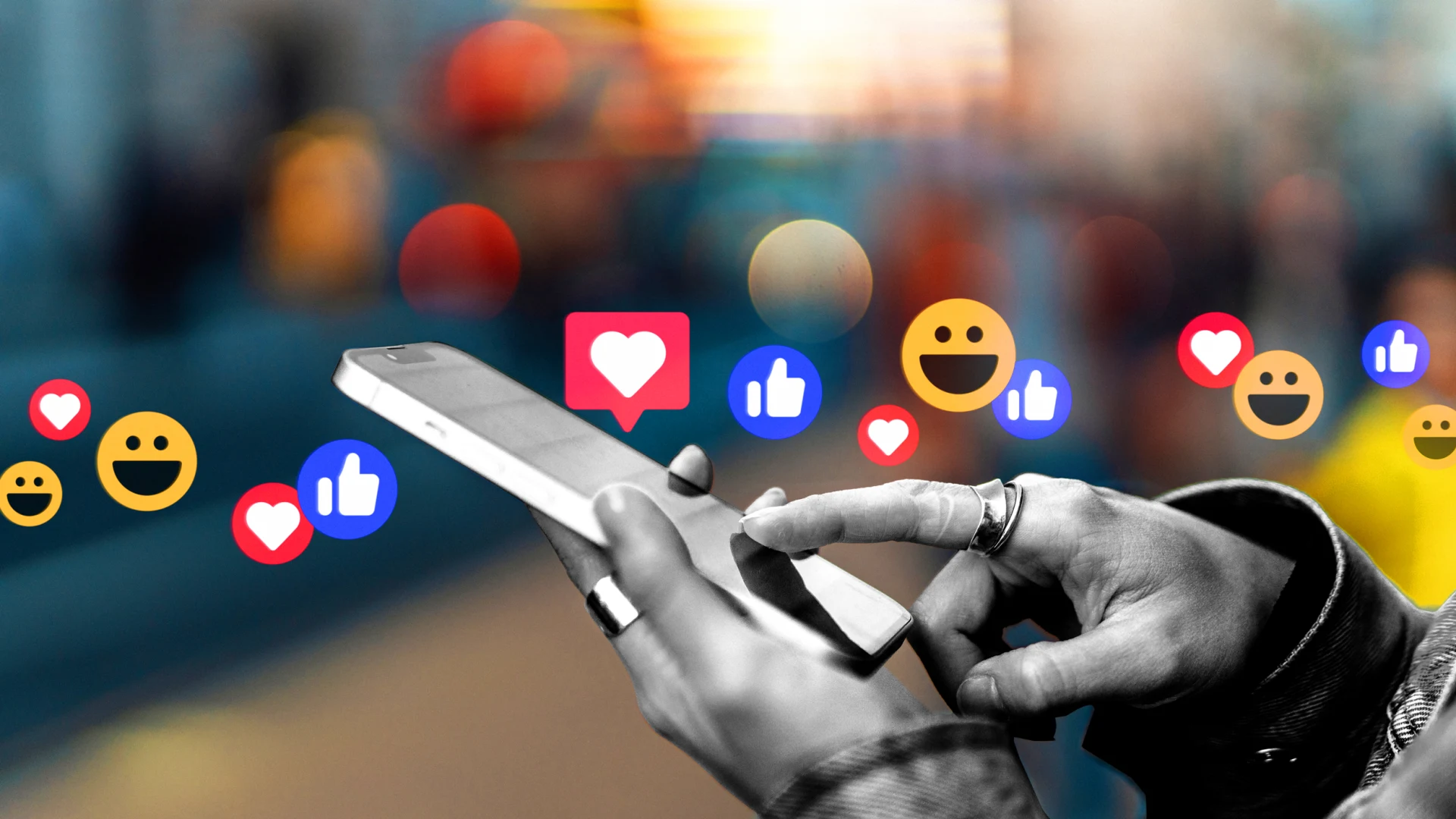Facebook was born as a social networking tool exclusively for Harvard students. These days you’d be hard-pressed to find many U.S. college students on the platform.
Over the past decade, Facebook usership among U.S. teens dropped from 71% to 33%. A recently announced redesign attempts to recapture these young users, emphasizing already popular aspects like Groups and Marketplace while building a TikTok-style “Explore” page. Still, one redesign won’t collect that cache of lost Gen Z eyes.
How Facebook lost Gen Z
Once the cutting edge of technology, Facebook has been relegated to an old-world position by many Gen Zers. That’s evident in the gap among usership percentages: In 2023, only 33% of U.S. teens said they used Facebook, according to the Pew Research Center. Compare that to the U.S. adult populace, where Facebook is the second-most-popular social media app at 68%.
As a company, Facebook seems to recognize this decline. Back in May, it held an event focused on the “next 20 years” of the app. “We’re still for everyone,” said Tom Alison, Meta’s Facebook head, according to Mashable. “But we also recognize that in order to stay relevant, we have to build for . . . Gen Z.” (Meta did not respond to a request for comment.)
There are several reasons why Gen Zers downgraded Facebook among their apps. Facebook has been embroiled in political scandal since 2016, which, for many young people, was the first major election of memory. There was the Cambridge Analytica data-scraping conundrum; the Pizzagate conspiracy theory that blew up in-app; and now the deluge of AI political slop across the feed. Those woes aren’t going away anytime soon, as former President Donald Trump continues to claim that Mark Zuckerberg pledged his support for the Republican candidate’s 2024 campaign to regain the White House, which Meta has denied.
While Facebook offers photo and video options, much of the in-app content is text-based. That’s a format Gen Z is increasingly moving away from. Of the four apps tracked since 2014, only Facebook and Twitter, another text-based app, saw user share declines among U.S. teens. Both Snapchat and Instagram, which rely more on images and videos, saw increases. When included, video app YouTube dominates these platforms at 93% usage among teens.
Users are primarily drawn to Facebook for connection. That’s reflected in the data: Among Facebook users, 93% claim to use the app to keep in touch with friends and family. If your Gen Z peers aren’t on the platform, that ability to connect diminishes. Sure enough, in a 2023 survey of Gen Z users from Savanta, “keeping in touch” steadily declined over the previous eight years. In 2015, 82% of young people used Facebook to connect; in 2023, that figure dropped to just 45%.
